Toddler Water Toys
Water Toys for Toddlers: Fun Ways to Boost Speech and Language Skills at Home
Water play is not only a fun way to beat the heat, but it's also a fantastic opportunity to support your toddler's speech and language development. In this post, we'll explore various water play activities tailored to different stages of communication development. Whether your child:
Is working to say their first 5 words
Says between 5-100 words
Talks in short sentences
I have engaging activities for each stage. Plus, I'll share some of my favorite water toys that can enhance the experience. Remember, you can use any household items or simple water toys you have on hand for these activities! At our house we often play in the kitchen sink… it doesn’t need to be fancy 😉
Splish Splash: Water Toys Activities for Speech Development
Explorers: Toddlers Working to Say Their First Few Words
How to Play: For our little explorers, water play is all about sensory exploration and imitation. Start by filling a shallow basin or bathtub with a few inches of water and add some floating toys, cups, or sponges. Show your child how to splash the water gently, squeeze the sponges, and float the toys. Look for them to imitate your actions first. Add in fun and playful sounds that you can repeat as you play in the water (for example: “Woah!” “Uh-oh” or “Yay!”) and listen for them to attempt to copy those sounds over time.
What to Say: Use simple sound effects and words like "splash," "boat," "wash," and "water." Your goal is to capture your child’s interest—they’re learning from you. For instance, when you splash, say "Splash!" and see if they look and smile at you. Listen for your child to make sounds back. Remember, the first time they try to say a new word, the pronunciation may be off. That’s all part of the learning process.
Pioneers: Toddlers Who Say Between 5-100 Words
How to Play: Set up a water pouring station with different-sized containers and cups. Show your pioneer how to pour water from one container to another (You can do this in the sink, bath, or outside). You can also introduce toy boats or rubber ducks to add an element of fun and teach your child the names of those toys.
What to Say: Introduce descriptive words like "pour," "cup," "in," and "out" to comment on what you’re playing with or what’s happening. Use simple phrases like "pour the water," "BIG cup," "small cup," and "the boat floats" to expand on words your toddler might already know. Encourage your child to repeat some of these words by choosing a few to use repeatedly (check out this activity to help choose which words to focus on). This activity helps expand their vocabulary with everyday words used in water play.
Builders: Toddlers Who Talk in Short Sentences
How to Play: Create a mini water park in your backyard or bathroom. Outside you can use a kiddie pool, sprinklers, or a garden hose to set up different water stations. You can have a splash zone, a car wash for toy cars, and a pretend kitchen for washing dishes. You can do the same thing indoors by bringing some toys to the bath.
What to Say: Engage in pretend play by pretending to wash animals or having a car wash. Narrate what’s happening, saying things like, “Let’s give the animals a bath,” or “The red car needs a good wash.” The goal is to have a conversation with your child. Ask questions like, "Which part of the car are you going to wash?" or "Which animal needs a bath?" Encourage your child to describe their actions and ask questions. This interactive play promotes sentence-building and conversational skills, plus it’s a great way to introduce descriptive words like “dirty,” “clean,” “shiny,” “muddy,” or “wet.”
Best Water Toys for Toddlers
Here are some of my favorite water toys that I use in speech therapy and at home with my son. These toys can make water play even more exciting and fun as you build language skills at home:
Floating Toys: Perfect for exploring and naming (e.g., ducks, boats, fish). Remember, repetition is key to helping toddlers learn new words.
Pouring Cups: Great for teaching exciting play sounds, learning about sizes, and practicing pouring skills.
Water Wheels: Fun for understanding cause and effect and introducing action words like “pour,” “spin,” “go,” and “drip”.
Splash Pads: Excellent for sensory play and learning new words like “Woah!” “water,” "jump," and "splash."
Water Tables: Versatile for various water activities where you can be face to face with your child, and for expanding vocabulary through interactive play.
This post contains affiliate links. As an Amazon Associate, Toddler Talk earns from qualifying purchases. Proceeds help support these resources.
More Tips for Water Play
Safety First: Always supervise your child during water play to ensure their safety.
Encourage Interaction: Play along with your child and model new words and phrases.
Follow Their Lead: Let your child explore and guide the play while you introduce language opportunities.
Water play is a delightful way to combine fun and learning. With these activities, you can support your child's speech and language development while they are splashing around together.
Written By: Stephanie Hatleli, MS CCC-SLP
More From the Blog 📝
© 2020-2025. Stephanie Keffer Hatleli, MS CCC-SLP. All Rights Reserved
The content offered on ToddlerTalk.com is for informational purposes only. Toddler Talk is not engaged in rendering professional advice, whether medical or otherwise, to individual users or their children or families. No content on this site, regardless of date, should ever be used as a substitute for direct medical advice from your doctor, speech language pathologist, or other health professional. By accessing the content on ToddlerTalk.com, you acknowledge and agree that you are accepting the responsibility for your child’s health and well-being. In return for providing you with information related to home speech and language practice, you waive any claims that you or your child may have as a result of utilizing the content on ToddlerTalk.com.


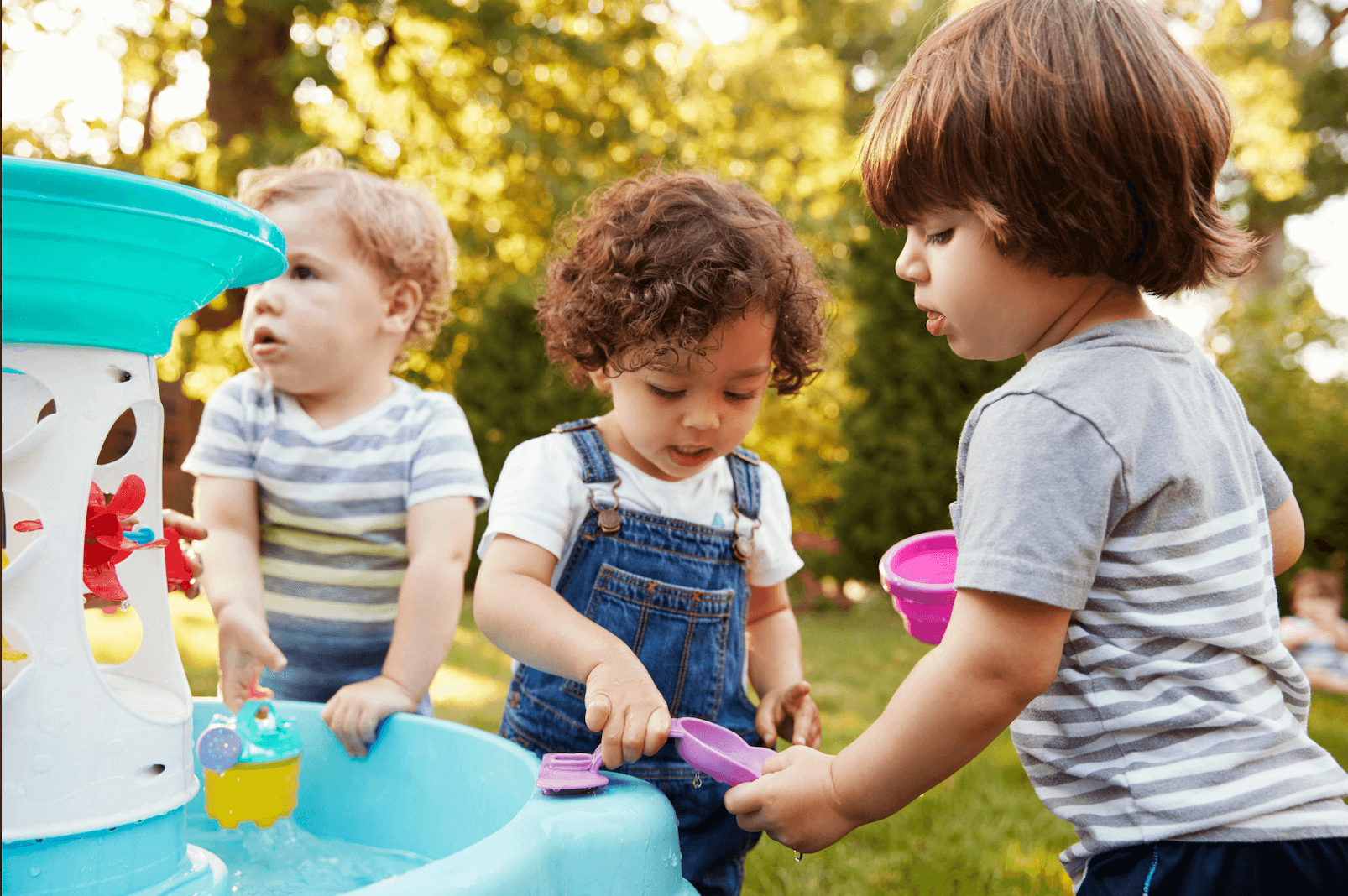
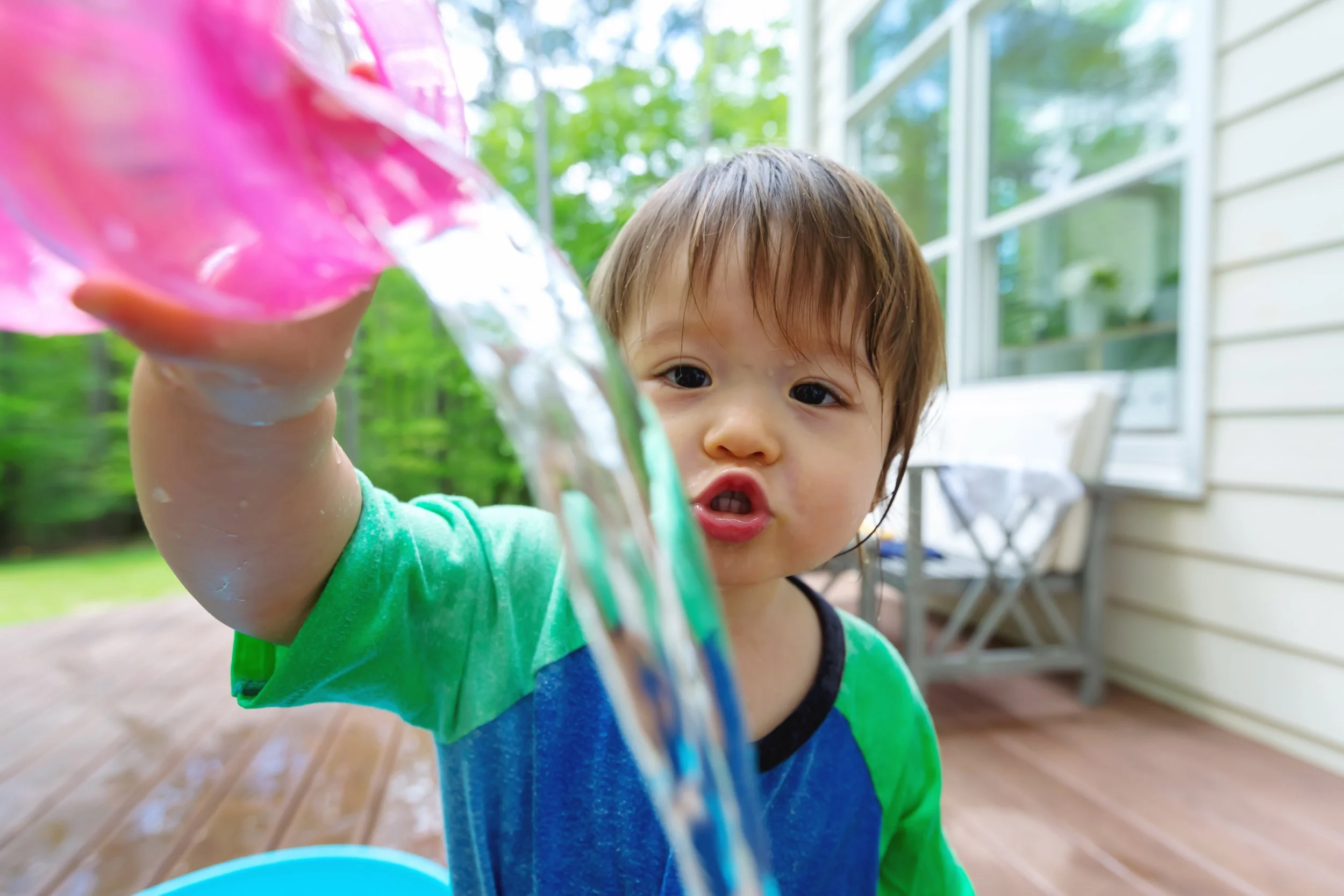
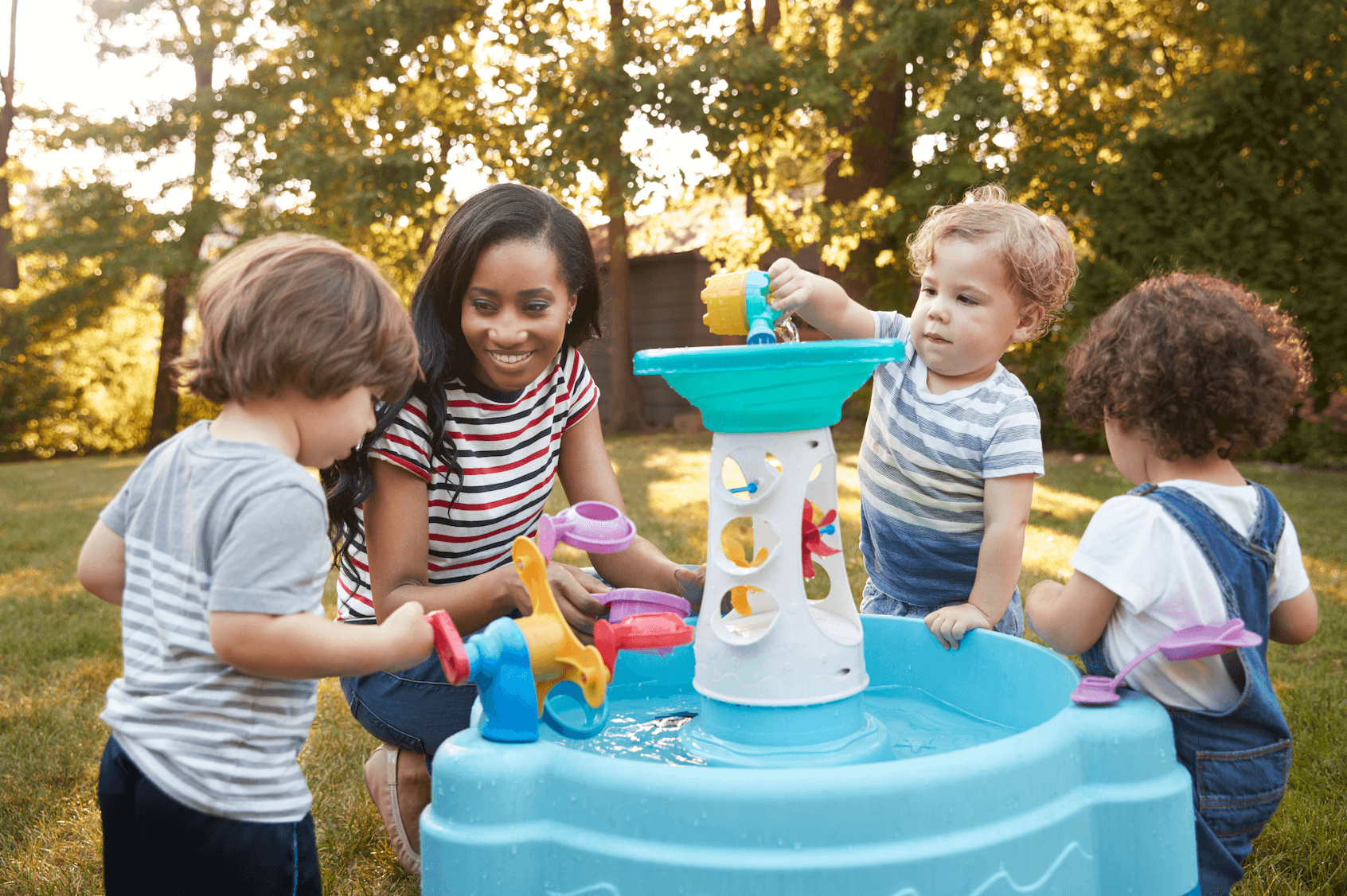





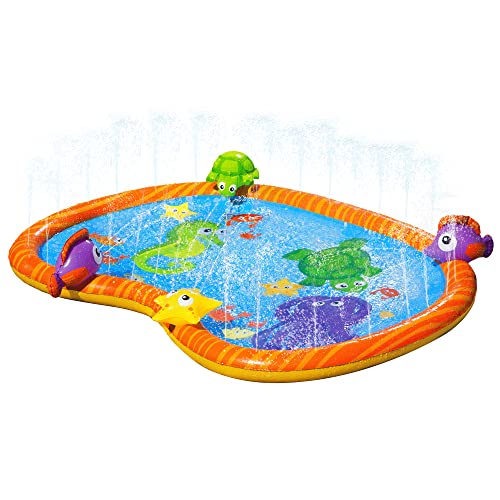
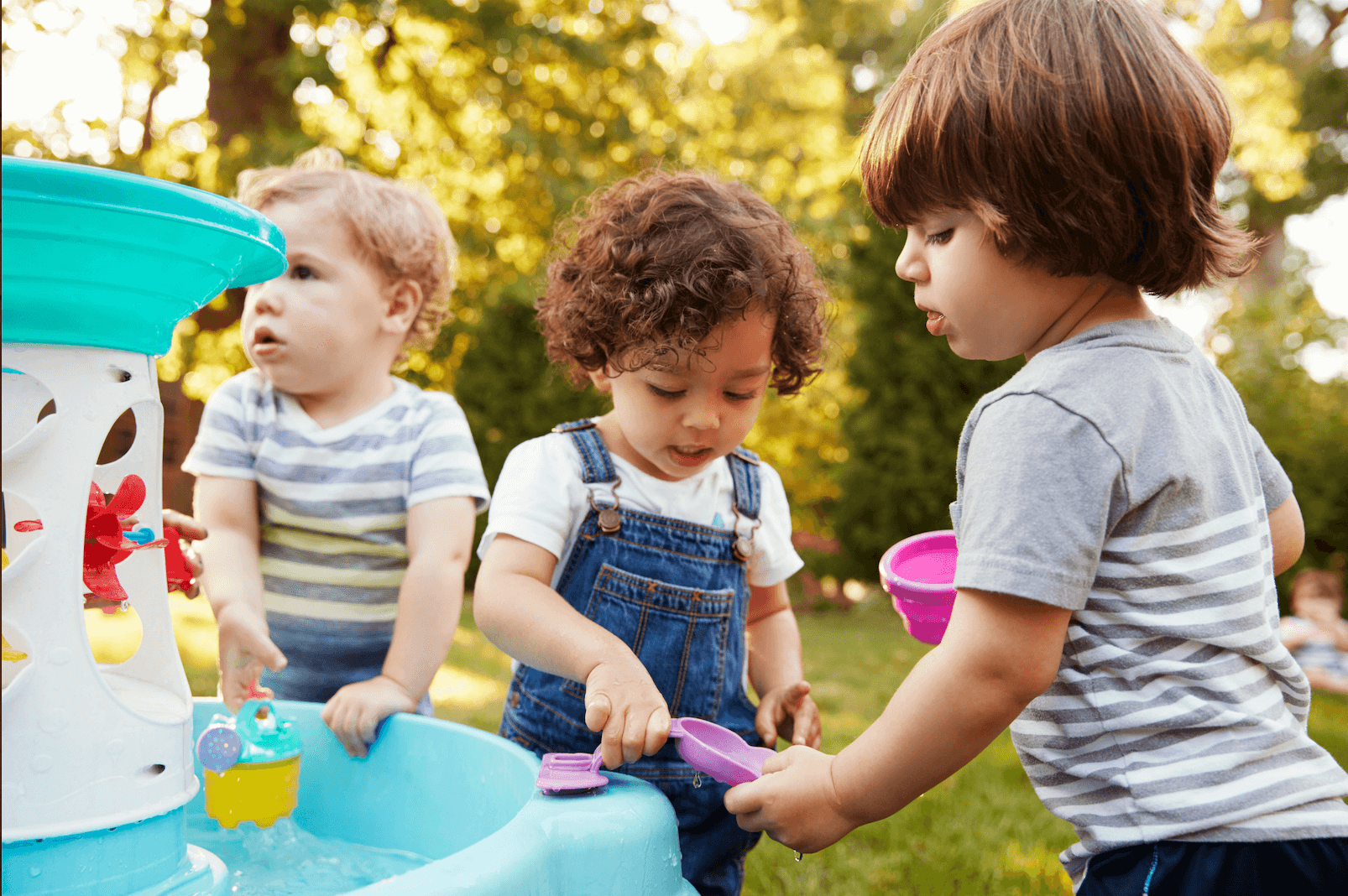
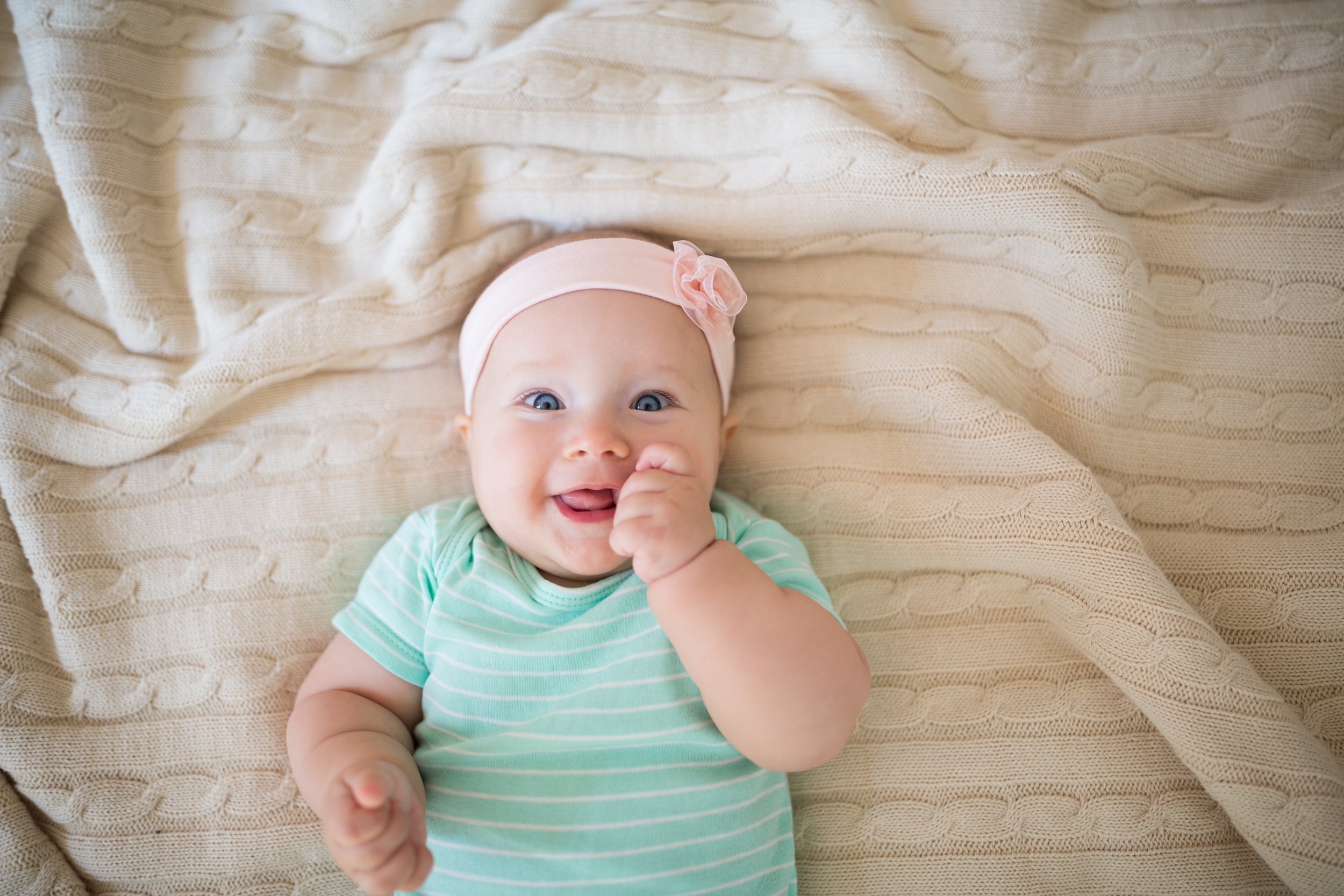
Explore language tips for potty training tailored to your child's communication stage. From toddlers who are just beginning to talk to children speaking in sentences, learn how to use gestures, sign language, storytelling, and consistency to support your potty training journey.